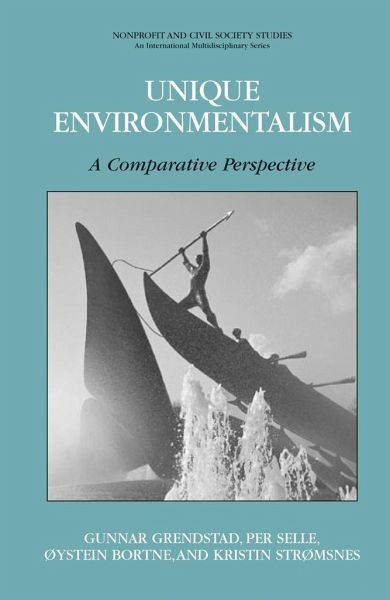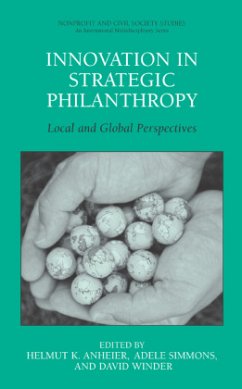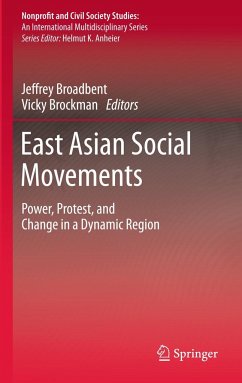
Unique Environmentalism
A Comparative Perspective
Versandkostenfrei!
Versandfertig in über 4 Wochen
103,99 €
inkl. MwSt.
Weitere Ausgaben:

PAYBACK Punkte
52 °P sammeln!
This book explains and demonstrates how the Norwegian case of environmentalism is unique. The two connected anomalies of an inclusive and state friendly society and a strong orientation and commitment to local communities make the case stand apart from mainstream international definitions of environmentalism.
The authors study a specific political culture with a rather unique combination of state structure and civil society of which organized environmentalism is an important part. The political culture influences organizational form and organizational ideology as well as the way these organistions are linked to and interact with the goverment. The study shows why international non-government organizations (INGOs) which are successful elsewhere, such as Greenpeace, are unable to establish themselves in some countries.
The study compares Norwegian environmentalism with perspectives and findings from other political systems. More generally, this is also a study on the role of voluntary organizations and civil society in a specific type of democracy. The book throws light on why the working of the Norwegian political system - as well as the Scandinavian political systems more generally - is often misunderstood in the international literature.
The authors study a specific political culture with a rather unique combination of state structure and civil society of which organized environmentalism is an important part. The political culture influences organizational form and organizational ideology as well as the way these organistions are linked to and interact with the goverment. The study shows why international non-government organizations (INGOs) which are successful elsewhere, such as Greenpeace, are unable to establish themselves in some countries.
The study compares Norwegian environmentalism with perspectives and findings from other political systems. More generally, this is also a study on the role of voluntary organizations and civil society in a specific type of democracy. The book throws light on why the working of the Norwegian political system - as well as the Scandinavian political systems more generally - is often misunderstood in the international literature.
their collective action. The more unique the case, the more we need to study it not only to understand the case itself but also to understand the structure and limits of environmentalism in general. We hope that we have been able to show the value of this research strategy. The way we have organized our study is different from the Rootes study (2003). This study emphasizes the importance of different environmental cultures and of political conjunctures in a single country of which different environm- tal groups take advantage. We are not arguing against the fact that branches of environmentalism have features in common across countries (e.g., animal rights and antinuclear movements). However, we would not go as far as the Rootes study. We argue that looking at political conjunctures, even if important, does not tell the whole story. Researchers need to understand the broader context in which political conjunctures and environmental culture operate.












